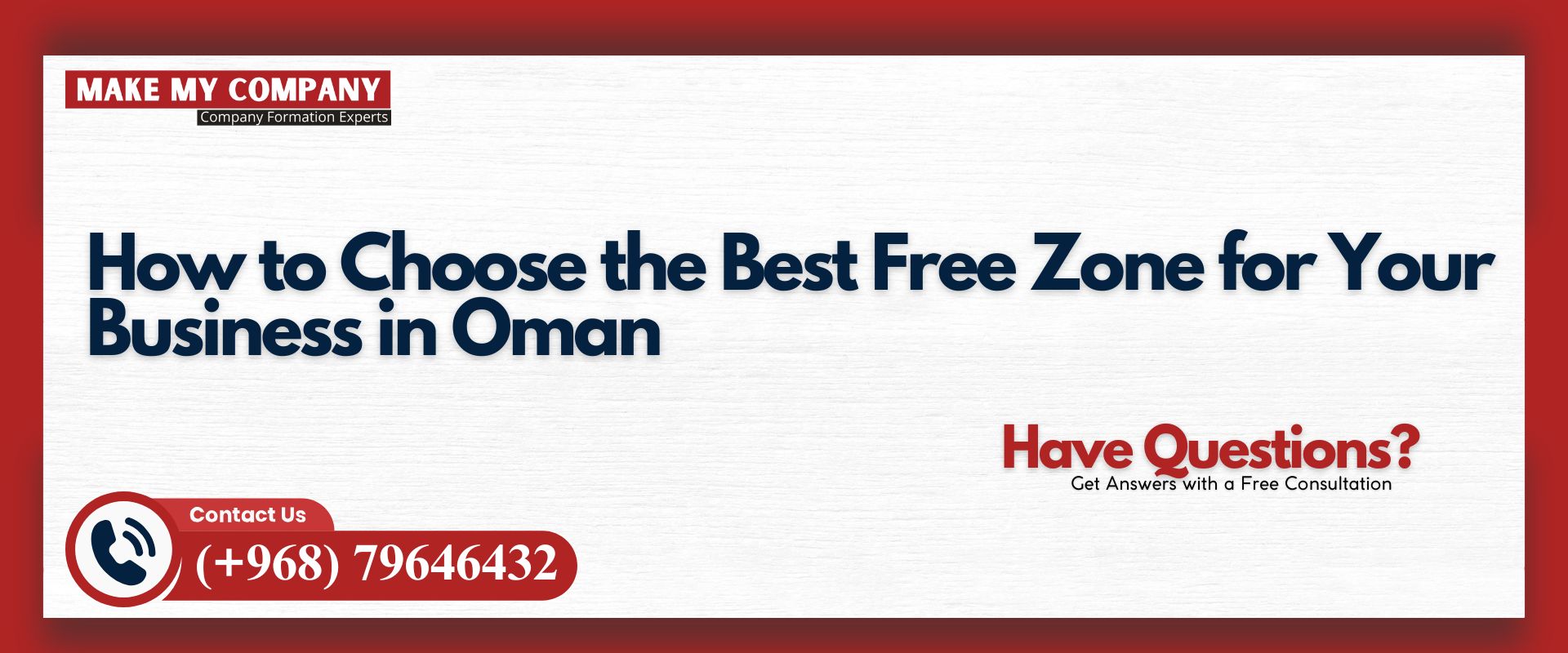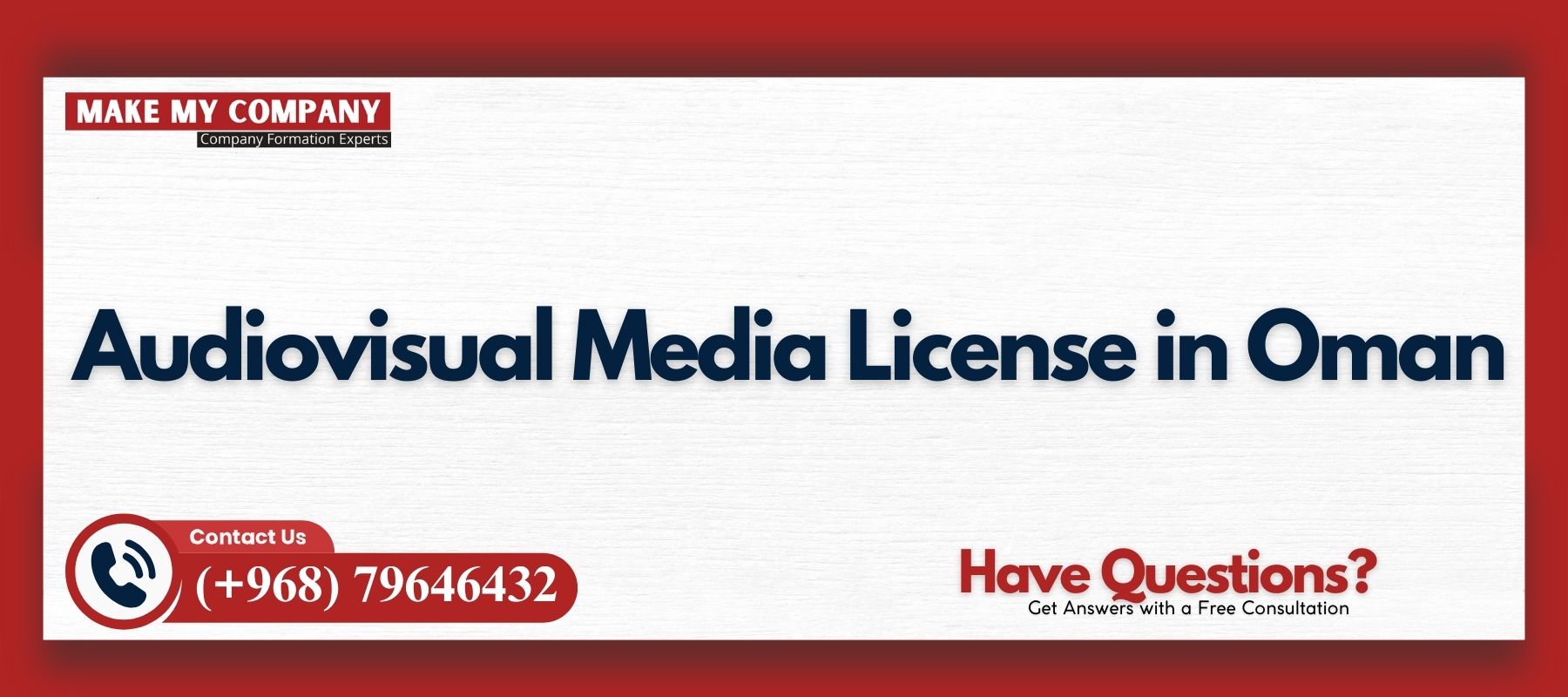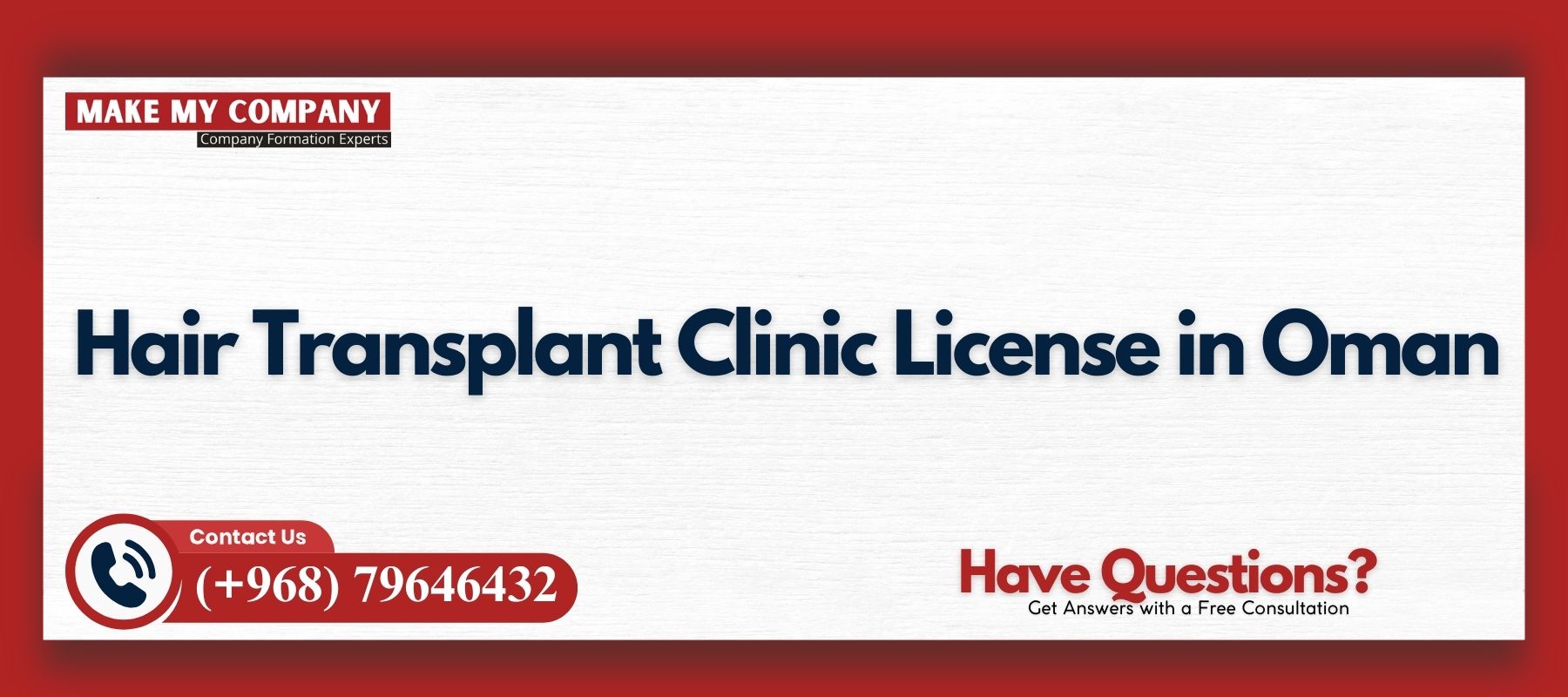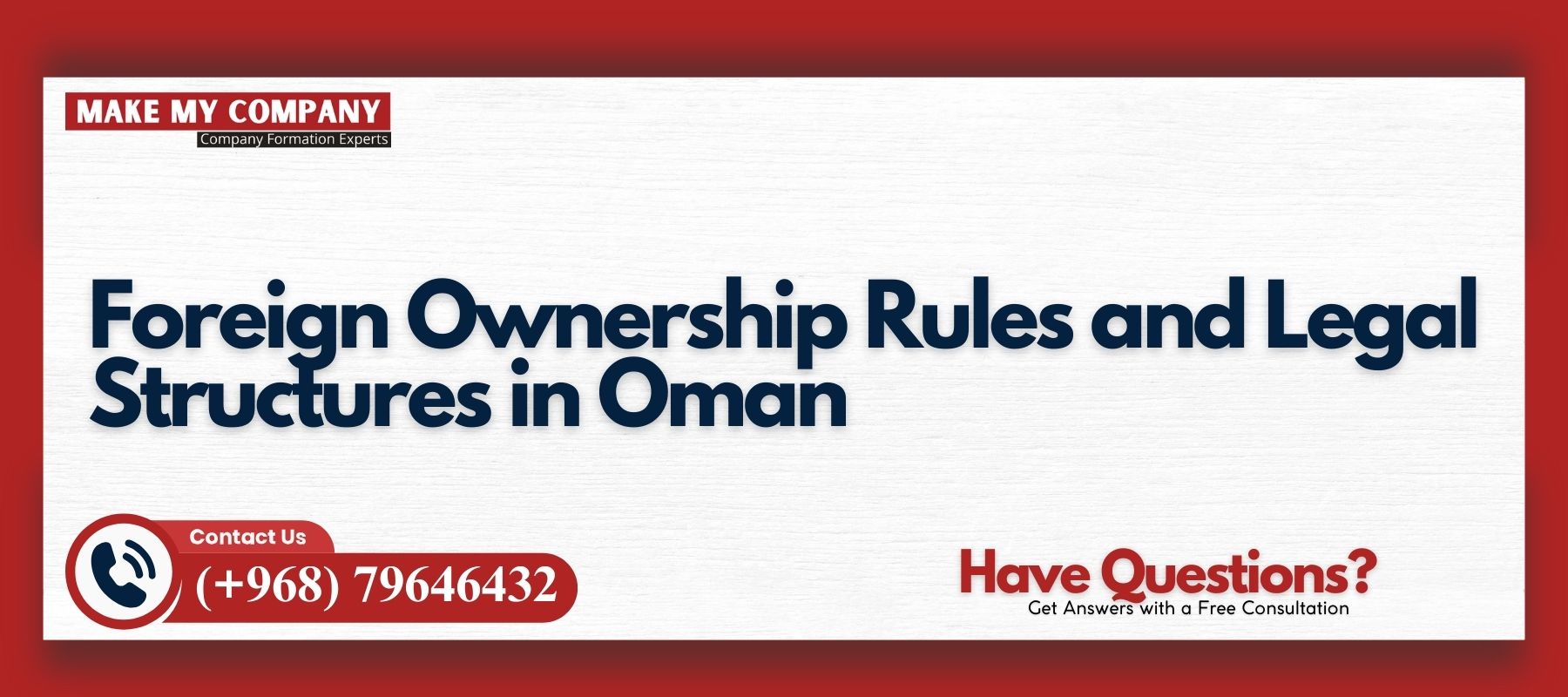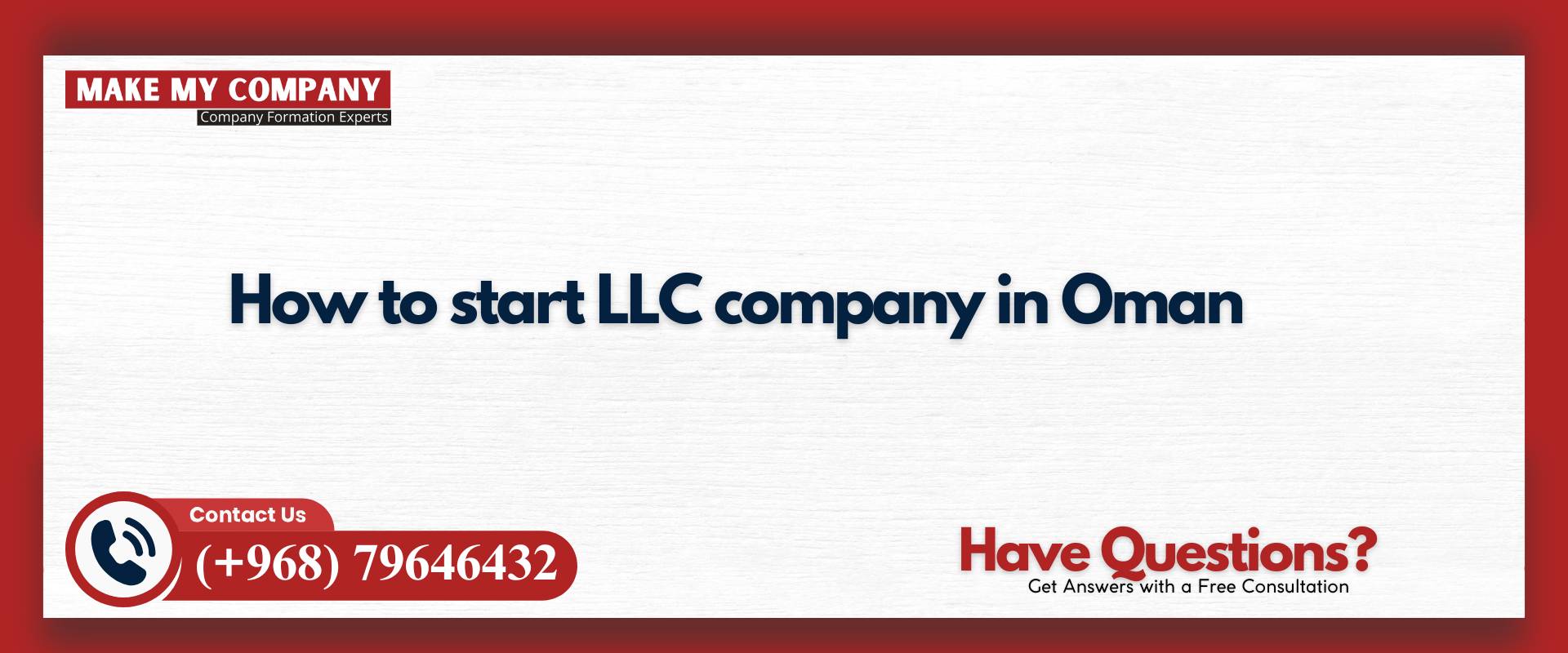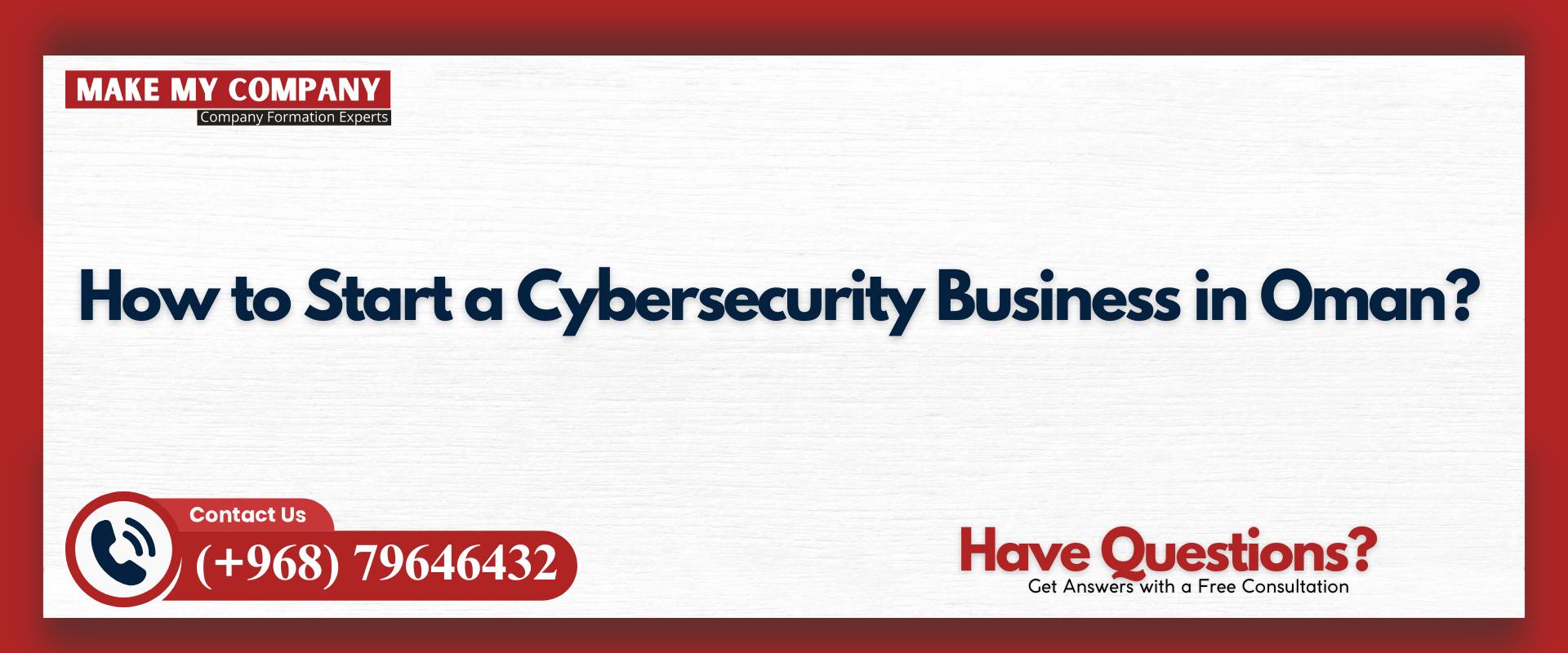Choosing the correct free zone in Oman is one of the most crucial decisions for any investor or entrepreneur planning to launch or expand a business in the Sultanate. Oman’s free zones offer a gateway to regional and international markets, providing tax exemptions, 100% foreign ownership, and simplified business regulations.
However, not every free zone suits every business. Factors such as location, industry focus, logistics, infrastructure, and costs must all be evaluated carefully before you commit. This detailed guide explains everything you need to know about how to choose the best free zone for your business in Oman, highlighting key features, benefits, and registration requirements.
Table of Contents
Understanding Free Zones in Oman
Oman’s free zones are designated economic areas that offer special business and tax incentives to attract foreign investment. Companies registered in these zones enjoy simplified customs procedures, relaxed import/export regulations, and 100% foreign ownership.
Purpose of Oman’s Free Zones
Free zones were created to diversify Oman’s economy under Vision 2040, encouraging industrial growth, logistics expansion, and job creation. They aim to attract foreign investors seeking a cost-effective and business-friendly environment.
Benefits of Operating in a Free Zone
Operating in an Oman free zone allows businesses to access global trade routes, enjoy duty-free imports, and benefit from full repatriation of profits. Investors also gain access to ready infrastructure and long-term land leasing options.
Industries Supported by Free Zones
Different free zones in Oman cater to specific industries such as manufacturing, logistics, oil and gas, tourism, renewable energy, and technology. Choosing the right one depends on your business activity.
Why Oman Is an Ideal Investment Destination
Oman’s strategic position between Asia, Africa, and the Middle East, along with its modern ports and stable regulatory system, makes it one of the Gulf’s most promising destinations for foreign investors.
Key Factors to Consider When Choosing a Free Zone in Oman
When selecting the best free zone in Oman, investors should evaluate business activity, location, infrastructure, costs, and available incentives. Each zone offers unique advantages, so understanding your industry needs, logistics access, and long-term growth potential ensures you choose the most suitable zone for your company.
Business Activity and Industry Focus
Each Oman free zone has designated sectors it specialises in. For example, Sohar Free Zone focuses on logistics and heavy industries, while Duqm Free Zone is known for energy and maritime projects. Choose one that aligns with your business activity for faster approvals and better incentives.
Location and Accessibility
Geographical location plays a significant role in trade and operations. Businesses that rely on imports and exports should prioritise free zones near ports or airports. Sohar and Salalah are ideal for maritime trade, while KOM suits tech-based ventures.
Infrastructure and Facilities
Evaluate the infrastructure provided — warehouses, offices, roads, utilities, and connectivity. Modern facilities lower operational costs and boost productivity. Duqm and Sohar offer state-of-the-art industrial facilities, while KOM provides advanced IT infrastructure.
Cost of Setup and Operation
Consider the initial setup cost, annual renewal fees, and rental charges. Oman’s free zones offer competitive pricing, but costs vary depending on the type of business and size of premises.
Tax Benefits and Customs Exemptions
All Omani free zones offer tax exemptions on corporate income and customs duties. However, the duration and percentage of exemptions may differ. It’s essential to confirm details with the relevant free zone authority.
Labour and Workforce Availability
Omanisation policies still apply within free zones, though they’re more flexible. Check the availability of skilled labour and ease of obtaining work visas when selecting a location.
Major Free Zones in Oman
Oman has four main operational free zones, each catering to different industries and investor needs.
Sohar Free Zone
The Sohar Free Zone is one of Oman’s most strategically located investment hubs, adjacent to the Port of Sohar on the Gulf of Oman. It serves as a gateway for trade between Asia, Europe, and Africa.
Strategic Location and Connectivity
Sohar offers excellent connectivity via sea, road, and air. Its Proximity to the UAE border makes it ideal for regional distribution. The free zone also benefits from the nearby Sohar Industrial Port.
Target Industries
Key sectors include logistics, metals, steel, petrochemicals, food processing, and automotive manufacturing. It’s perfect for heavy industries and large-scale production companies.
Business Incentives
- 100% foreign ownership
- Corporate tax exemption for up to 25 years
- Duty-free import and export
- No minimum capital requirement
Infrastructure and Facilities
Sohar provides warehouses, logistics terminals, land plots, and modern office spaces. Utilities like power and water are readily available at competitive rates.
Ease of Registration
Company registration is straightforward through the Sohar Free Zone Authority. Investors can apply online, submit documents, and receive approvals within weeks.
Salalah Free Zone
The Salalah Free Zone (SFZ) is located in southern Oman, near the Port of Salalah, one of the world’s largest transshipment ports. It serves as a central logistics and manufacturing hub for the Indian Ocean region.
Strategic Importance
Salalah’s Proximity to African and Asian markets makes it a preferred destination for export-oriented businesses. The area also enjoys a cooler climate, ideal for storage and industrial activities.
Target Industries
Salalah focuses on logistics, manufacturing, pharmaceuticals, food processing, and renewable energy. It also supports packaging and distribution businesses.
Business Incentives
- 100% foreign ownership
- No personal income tax
- 30-year tax holiday
- Full profit repatriation
- Competitive land lease rates
Infrastructure and Connectivity
Salalah offers modern warehousing, customs offices, and bonded storage areas. The Port of Salalah provides direct shipping routes to Africa, Europe, and Asia, enhancing export operations.
Licensing and Setup
Investors can establish an LLC or a branch office. The Salalah Free Zone Authority provides a smooth licensing process with minimal documentation.
Duqm Special Economic Zone (SEZAD)
The Duqm Special Economic Zone is Oman’s largest free zone, covering over 2,000 square kilometres. It is designed as a multi-purpose economic area supporting energy, manufacturing, tourism, and logistics.
Strategic Location and Connectivity
Located along Oman’s central coast, Duqm has direct access to international sea routes. It houses the Port of Duqm, Duqm Airport, and an integrated railway network in progress.
Focused Industries
SEZAD is ideal for companies involved in oil and gas, petrochemicals, renewable energy, shipbuilding, logistics, and tourism.
Business Benefits
- 100% foreign ownership
- Tax exemption for 30 years
- No customs duties
- No minimum capital requirement
- Repatriation of profits and capital
Infrastructure and Facilities
Duqm offers industrial land, residential zones, tourism districts, and commercial offices. The zone has its own power grid, desalination plant, and advanced telecommunication systems.
Investment Opportunities
Duqm’s master plan attracts investors in manufacturing, green energy, and infrastructure development, supported by international joint ventures.
Knowledge Oasis Muscat (KOM)
Knowledge Oasis Muscat (KOM) is Oman’s dedicated free zone for technology, innovation, and digital enterprises. It provides an environment for startups and IT firms to collaborate, innovate, and grow.
Industry Focus
KOM targets businesses in information technology, telecommunications, e-commerce, digital marketing, and software development.
Business Incentives
- 100% foreign ownership
- Zero corporate tax for up to 10 years
- Access to government-backed innovation programs
- Modern office and co-working spaces
Infrastructure and Facilities
KOM is built with modern IT infrastructure, including high-speed internet, incubator centres, and data facilities. It’s also home to international firms and universities.
Licensing Process
Entrepreneurs can register easily online, selecting the desired business activity. KOM’s authority supports both startups and established firms with efficient registration and visa processes.
Comparative Overview of Oman’s Free Zones
| Free Zone | Main Industry | Ownership | Tax Exemption | Notable Advantage |
| Sohar | Manufacturing, Logistics | 100% | 25 years | Proximity to UAE |
| Salalah | Logistics, Pharma, Food | 100% | 30 years | Strategic location for exports |
| Duqm | Energy, Shipbuilding, Tourism | 100% | 30 years | Largest free zone in Oman |
| KOM | Technology, IT, Digital Services | 100% | 10 years | Modern infrastructure & innovation support |
Steps to Register a Company in an Oman Free Zone
To start a business in an Oman free zone, choose the correct zone, select your company structure, reserve a name, submit documents, and obtain necessary approvals. Once licensed, register for visas, open a bank account, and begin operations under the zone’s legal and regulatory framework.
Step 1 – Choose the Right Free Zone
Identify which Oman free zone aligns with your business activity, target market, and budget.
Step 2 – Select a Business Structure
Choose between a Limited Liability Company (LLC), a branch office, or a free zone company depending on your ownership preference.
Step 3 – Reserve a Company Name
Submit a unique company name to the free zone authority. The name must comply with Oman’s commercial naming rules.
Step 4 – Prepare Required Documents
Essential documents include passport copies, business plan, Memorandum of Association (MoA), and lease agreement.
Step 5 – Obtain Initial Approvals
Each free zone authority reviews applications based on activity and investor background.
Step 6 – Register and Obtain a Licence
Once approved, pay registration fees and receive your free zone business licence to start operations.
Step 7 – Apply for Visas and Permits
Investors and employees must obtain work visas, which free zone authorities usually help facilitate.
Advantages of Setting Up a Business in an Oman Free Zone
Setting up a business in an Oman free zone provides benefits like 100% foreign ownership, corporate tax exemptions, and full profit repatriation. Companies also enjoy simplified registration, duty-free trading, and access to global markets, making Oman a competitive and investor-friendly business destination.
100% Foreign Ownership
Foreign investors can fully own their businesses without requiring a local sponsor or partner, providing complete control and freedom.
Tax Exemptions
Free zones offer corporate tax holidays for 10 to 30 years, depending on the location, which significantly boosts profitability.
Duty-Free Import and Export
Businesses enjoy customs duty exemptions on imports of raw materials, machinery, and exports of finished goods.
Full Profit Repatriation
Companies can repatriate 100% of their profits and capital, ensuring flexibility in financial management.
Simplified Company Registration
Free zones provide streamlined registration processes, reduced paperwork, and dedicated investor support services.
Access to Global Markets
Strategic positioning allows easy access to GCC, African, and Asian markets, making Oman a prime logistics hub.
Choosing the Best Free Zone Based on Your Business Type
Selecting the correct Oman free zone depends on your business activity. Sohar suits heavy industries, Salalah supports logistics, Duqm focuses on energy and maritime sectors, and KOM is ideal for technology and innovation companies. Matching your business model ensures maximum operational and financial benefits.
For Manufacturing and Heavy Industries
Sohar Free Zone is the most suitable due to its strong industrial infrastructure and access to raw materials.
For Logistics and Export Businesses
Salalah Free Zone provides direct connectivity to international shipping routes and ample storage facilities.
For Energy and Petrochemical Companies
Duqm Free Zone offers tailored facilities for energy projects, oil refineries, and renewable energy plants.
For Technology and Startups
Knowledge Oasis Muscat (KOM) is ideal for IT startups, software developers, and e-commerce businesses.
For Tourism and Hospitality Ventures
Duqm’s tourism district and Salalah’s scenic coastline make them perfect for hospitality and travel projects.
Future of Free Zones in Oman
The future of Oman’s free zones looks promising, with ongoing expansion in Duqm, Sohar, and Salalah. Government initiatives aim to attract sustainable industries, promote innovation, and strengthen global trade links, making Oman an emerging regional hub for investment, logistics, and technology-driven enterprises.
Expansion of Duqm and Sohar
Oman continues to expand its industrial and logistics zones with new projects and international partnerships.
Integration with Global Trade Routes
Free zones will further integrate with Oman’s national rail project, connecting ports and inland markets seamlessly.
Focus on Green Energy
The government is promoting sustainable and renewable energy investments, particularly in Duqm and Salalah.
Support for Startups and Innovation
Free zones like KOM will see more incubation programs, digital infrastructure, and incentives for SMEs.
Enhanced Investment Policies
Oman’s Vision 2040 aims to create more investor-friendly reforms, ensuring easier access to financing, simplified visa rules, and better digital licensing systems.
Conclusion
Choosing the best free zone for your business in Oman depends on understanding your industry, goals, and long-term vision. Whether you prioritise logistics, manufacturing, or technology, Oman’s free zones — Sohar, Salalah, Duqm, and KOM — each provide unique opportunities for international investors. By aligning your business activity with the correct location, you can maximise profitability and sustainability.
For entrepreneurs seeking expert assistance, partnering with professionals who specialise in Business Setup in Oman ensures a smooth and compliant registration process from start to finish.
FAQs
What is a free zone in Oman?
A free zone in Oman is a special economic area that offers tax exemptions, full foreign ownership, and simplified regulations for international investors.
Can foreigners own 100% of a business in Oman’s free zones?
Yes, all Oman free zones allow 100% foreign ownership without needing a local partner.
What are the main free zones in Oman?
The main free zones include Sohar Free Zone, Salalah Free Zone, Duqm Special Economic Zone, and Knowledge Oasis Muscat (KOM).
Which free zone is best for logistics?
Salalah Free Zone is the best for logistics and export-based businesses due to its world-class port.
How long does it take to register a company in a free zone?
Registration usually takes between 1 and 3 weeks, depending on the chosen free zone and the type of business.
What are the main benefits of setting up in a free zone?
Tax exemptions, 100% ownership, profit repatriation, duty-free trading, and modern infrastructure are the main benefits.
Do Oman free zones have minimum capital requirements?
Most free zones, including Sohar and Duqm, do not have strict capital requirements for company registration.
Can I operate outside the free zone in Oman?
Companies registered in a free zone must primarily operate within the zone or for export. To operate domestically, a local distributor is required.
Are there any visa benefits for investors?
Yes, free zones provide long-term investor and employee visas, making business operations easier.
How can I get professional help to start a business in Oman?
You can consult a business setup company in Oman that handles documentation, licensing, and legal compliance for a hassle-free process.



